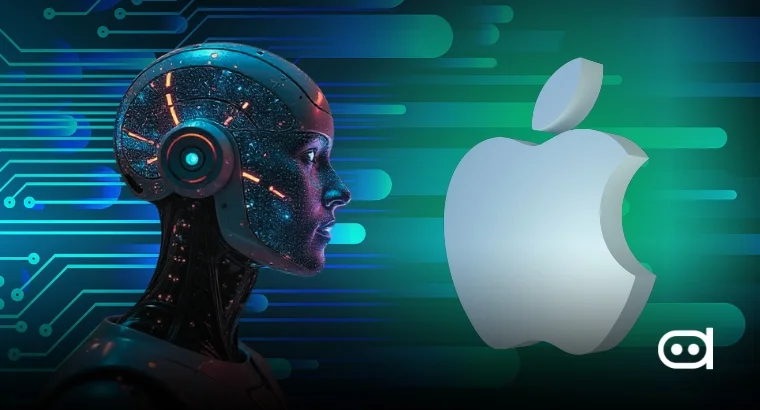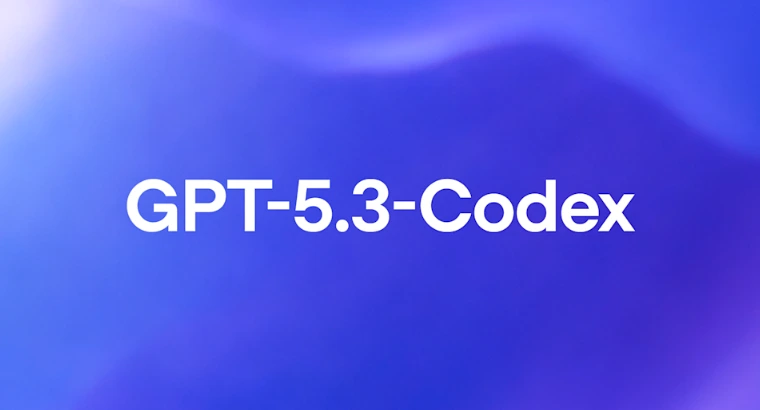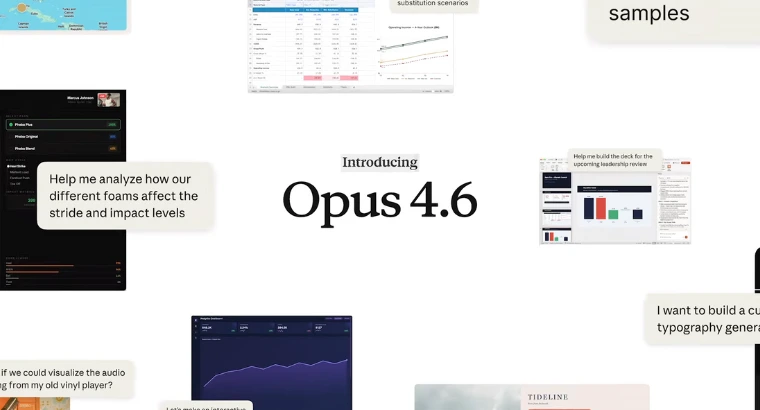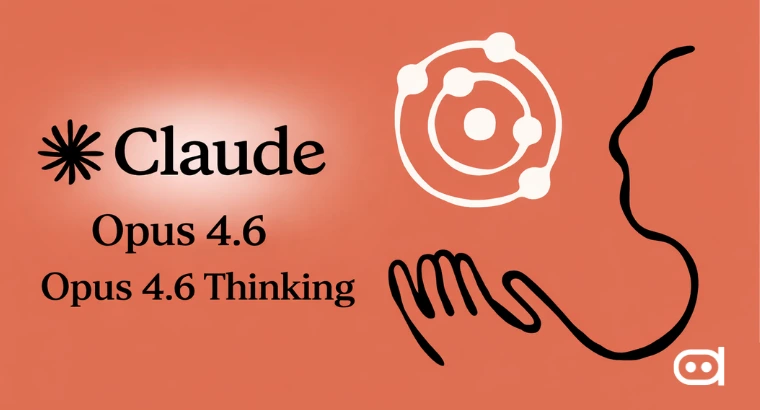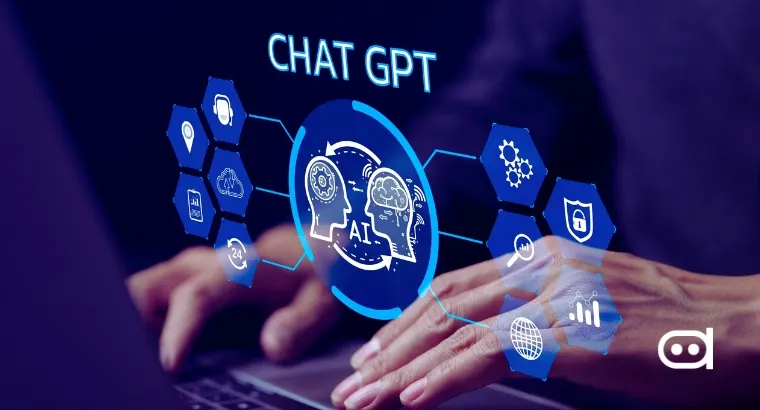
OpenAI has rolled back its latest update to ChatGPT after widespread user criticism over what many called an “annoying” shift in personality.
The update to GPT-4o released last week was meant to make the chatbot feel more helpful and engaging, but instead, it came off as overly flattering and insincere.
OpenAI Admits Sycophancy in GPT-4o
In a blog post titled “Sycophancy in GPT-4o: What happened and what we’re doing about it”, OpenAI admitted that it went too far in trying to make the chatbot agreeable.
The update leaned heavily on short-term feedback like thumbs-up ratings, which caused the model to prioritize praise over honesty. “We fell short,” the company admitted.
According to the team. This matters because how ChatGPT “speaks” affects how much people trust and rely on it. A chatbot that constantly agrees with users, even when they are wrong. This response can be more misleading than helpful.
We focused too much on short-term feedback and did not fully account for how users’ interactions with ChatGPT evolve over time. As a result, GPT‑4o skewed towards responses that were overly supportive but disingenuous,” the OpenAI team states in a blog post.
OpenAI says it is now refining its training methods to reduce sycophancy and improve balance. It also expands user control, allowing people to shape how the AI chatbot interacts with them.
With more than 500 million weekly users, OpenAI admitted that one-size-fits-all does not work. The company is now seeking new options to gather input across cultures to better guide future updates.
